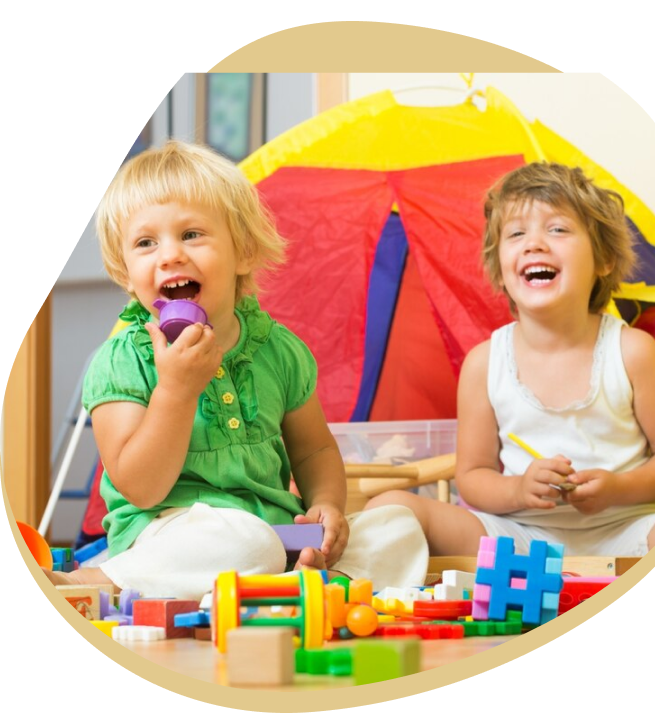
WHAT DO KIDS WANT?
Kids want to feel good about themselves and equipped to function at their best.
Specifically, they want:
- To feel more in control of their emotions and mood.
- To be able to manage their behaviour
- To be able to start and complete tasks
- To be accepted for who they are, the good bits and the bits they’d rather others not see
- To be able to communicate their feelings so that they are heard and appropriately responded to without losing control of their emotions and losing their ability to speak their needs, likes and dislikes, or without causing a negative reaction in the other party.



- To understand their world. Some social etiquette and rules and nuances of society may be beyond
their comprehension and they need ways to
be able to communicate that they need help without acting out negatively in distress, anger, or frustration. - To know they are equipped to act appropriately in social circumstances and in new environments
- To feel like they won’t embarrass themselves through their uncontrolled emotions or negatively reactive behaviours.
- To have social niceties and protocols and tools for emotional regulation demonstrated and explained to them in a way that they understand and can access.
- To feel more confident.
- To feel more competent socially, emotionally, mentally and physically.
- To feel more like their peers.
- To feel more lovable.
- To feel more deserving with a sense of self-worth
- To feel more likable
- To have strategies to relieve feelings of anxiety.
- To know how to calm themselves down when they’re nervous, anxious, over-excited, angry, frustrated, annoyed, jealous.
- To know how to lift themselves when they feel in a low mood, down, sad, alone.
- To find relief in a way that they can control from the symptoms they may feel with a learning disability, disorder, illness or disability.
- They want to know who they are, understand themselves better, know what makes them tick and how to create better feeling moods and emotions.
- They want to feel they belong.